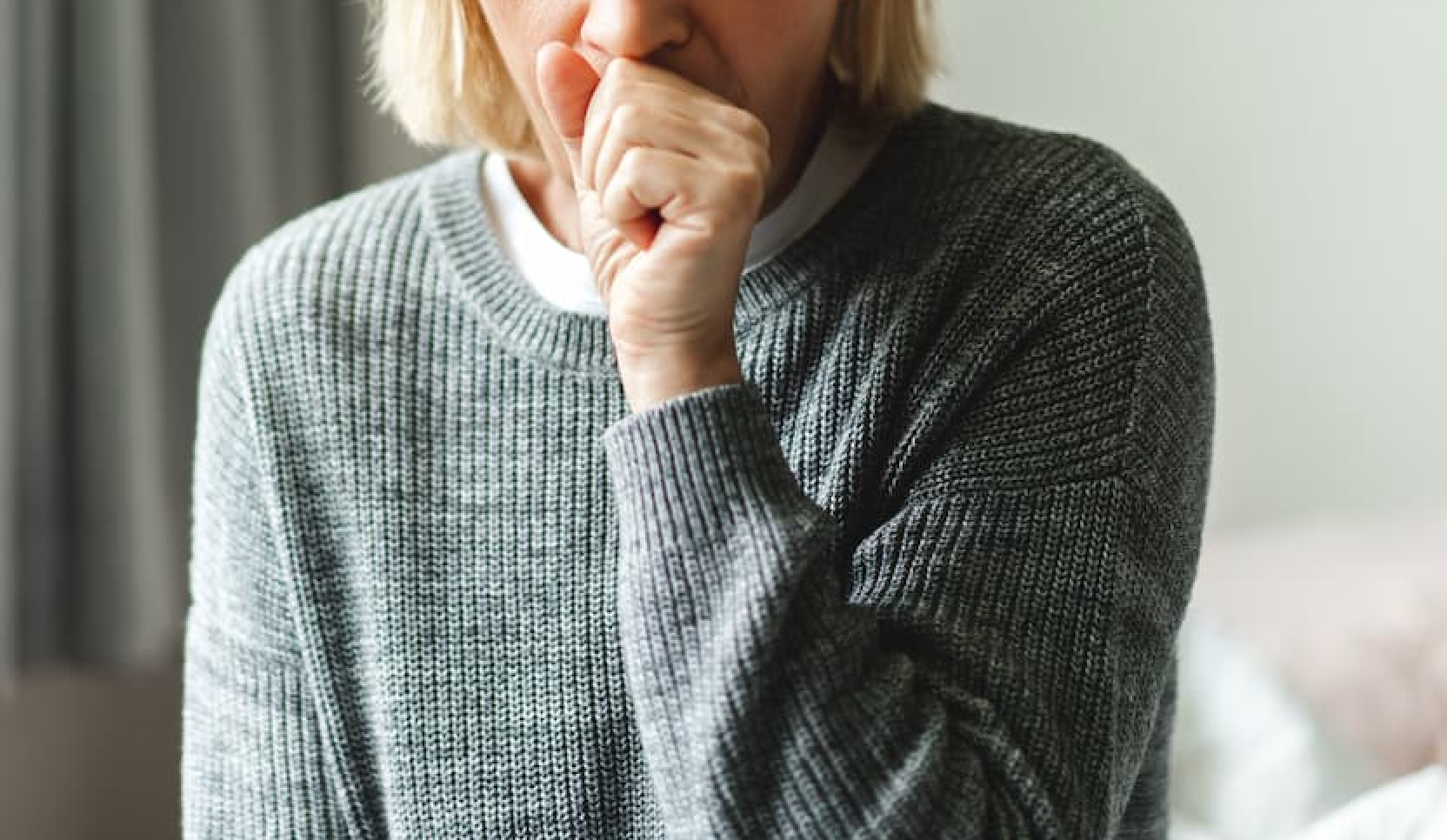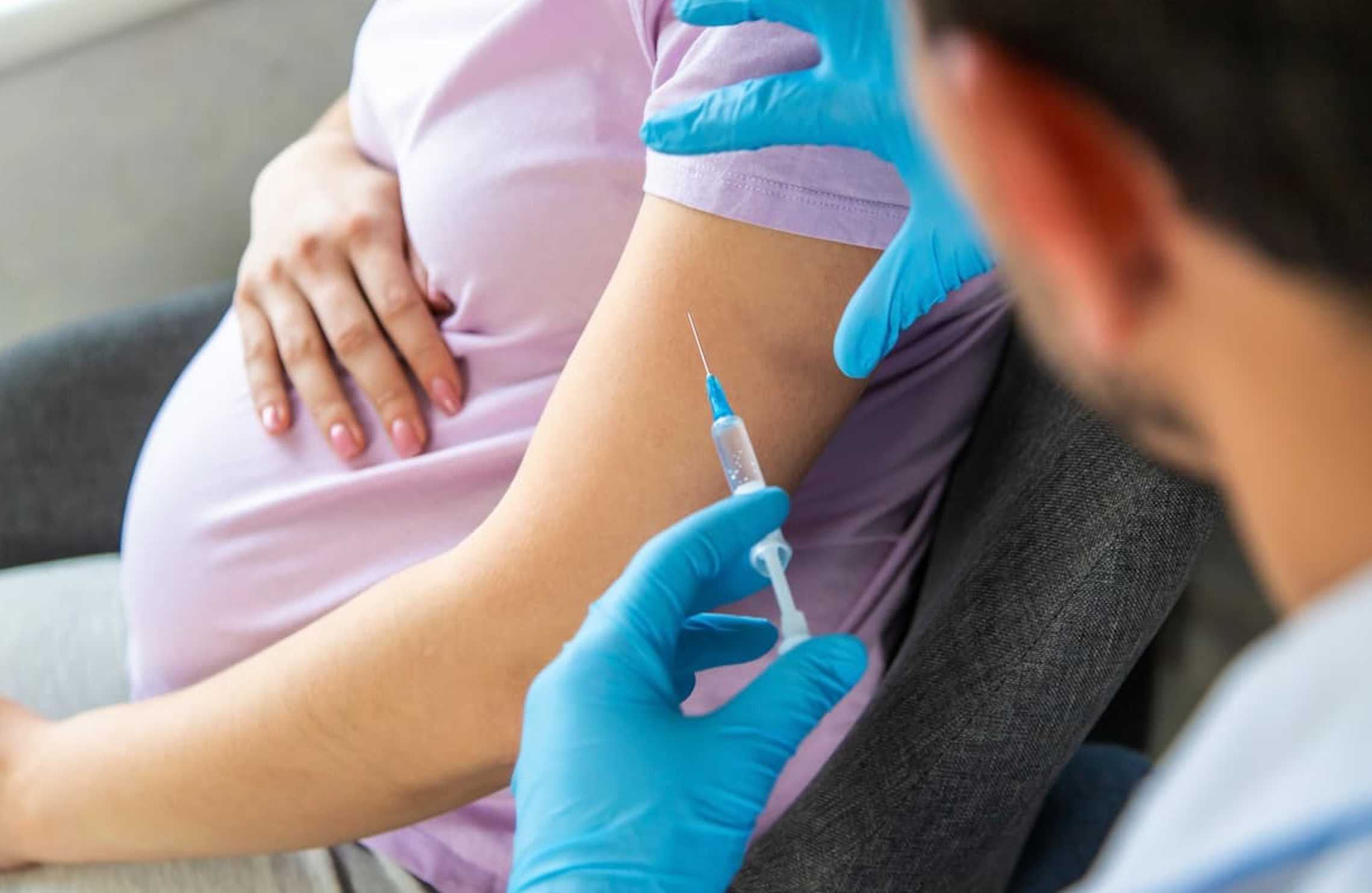
New Guidelines Urge Vaccination for Immunocompromised Adults, Kids — and Their Families
Robert Hopkins, M.D., of NFID stresses that vaccination remains the most effective way to reduce severe illness and protect vulnerable loved ones.
By
Lana Pine| Published on November 12, 2025
3 min read
In October 2025, the Infectious Diseases Society of America (IDSA) released new guidance for respiratory virus immunization focused on protecting people who are immunocompromised, including both adults and children as young as 6 months old. According to Robert H. Hopkins Jr., M.D., medical director of the National Foundation for Infectious Diseases (NFID), these guidelines emphasize age-appropriate vaccination against COVID-19, influenza and RSV for all immunocompromised individuals — and uniquely stress that caregivers and household members should also be vaccinated. This “encircling” approach helps build a protective barrier around vulnerable patients, reducing their risk of severe infection.
Hopkins noted that vaccination rates remain lower than ideal, particularly for COVID-19, and this gap leaves many communities less protected. Immunocompromised people face the highest risk of severe disease, hospitalization or death, making vaccination — both for themselves and those close to them — essential. Vaccines may not prevent all infections, but they remain the best available tool to reduce severe outcomes and limit community spread. Higher community immunity — even within a single home or neighborhood — can significantly decrease transmission to those most at risk.
The NFID, IDSA, and other leading organizations, such as the American Academy of Pediatrics, American College of Obstetricians and Gynecologists and American Academy of Family Physicians, are aligned in promoting these vaccines. Together, they’re urging health care professionals to be trusted messengers, encouraging vaccination as a proven and safe form of active protection. “Ignore the noise,” Hopkins said. “Get vaccinated. It’s the most valuable step you can take to protect your health and to protect the health of those you love.”
Hopkins also pointed out that respiratory viruses are already on the rise, with early upticks in influenza and RSV cases and expected COVID-19 surges during the winter months. He encouraged patients to adopt a layered protection strategy, starting with vaccines as the foundation. These vaccines have undergone extensive testing and continue to demonstrate strong safety profiles. As families prepare for the holidays, vaccination offers the best defense to stay healthy and protect loved ones.
Ultimately, the message is clear: Vaccination saves lives. By boosting coverage across all eligible populations — and by surrounding immunocompromised individuals with vaccinated caregivers — we can collectively reduce the burden of severe respiratory infections this season and beyond.

